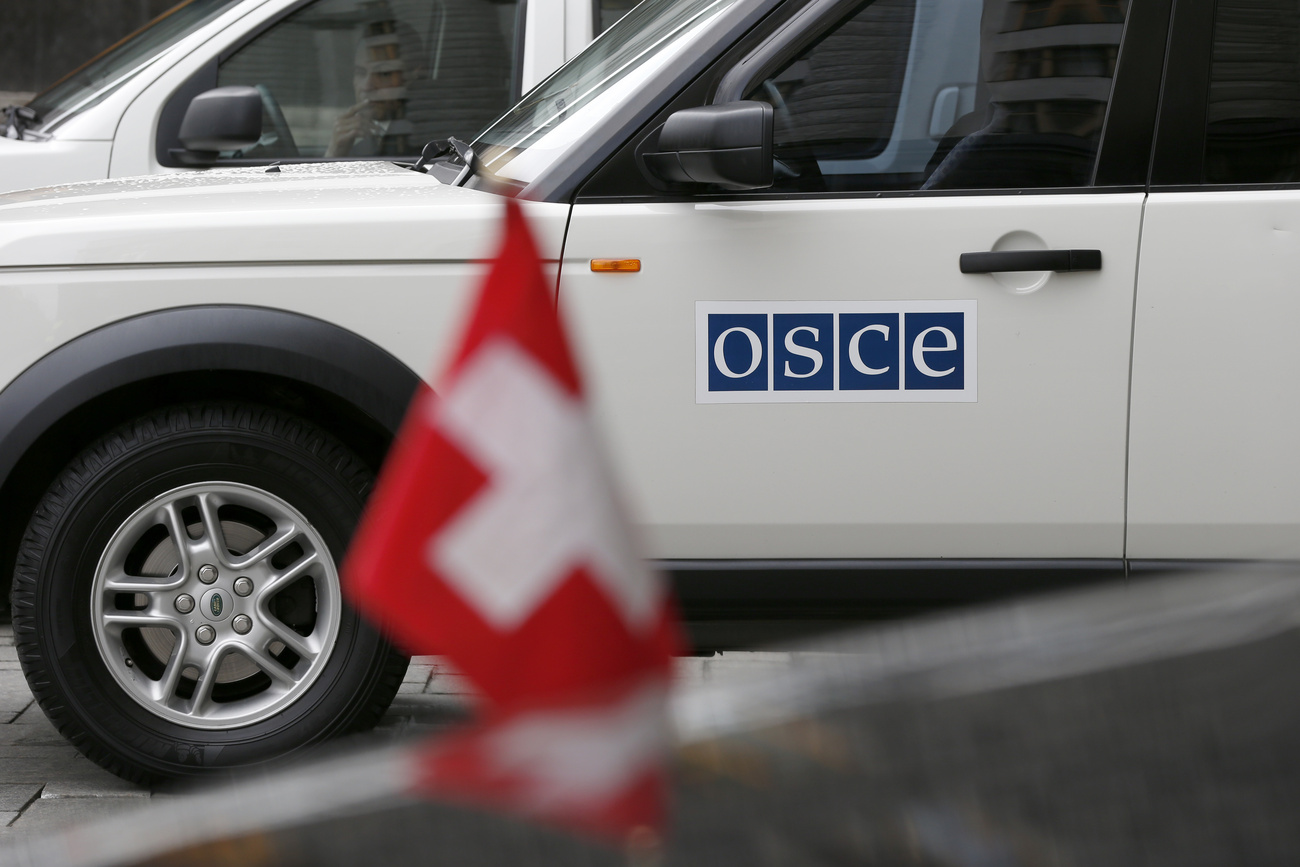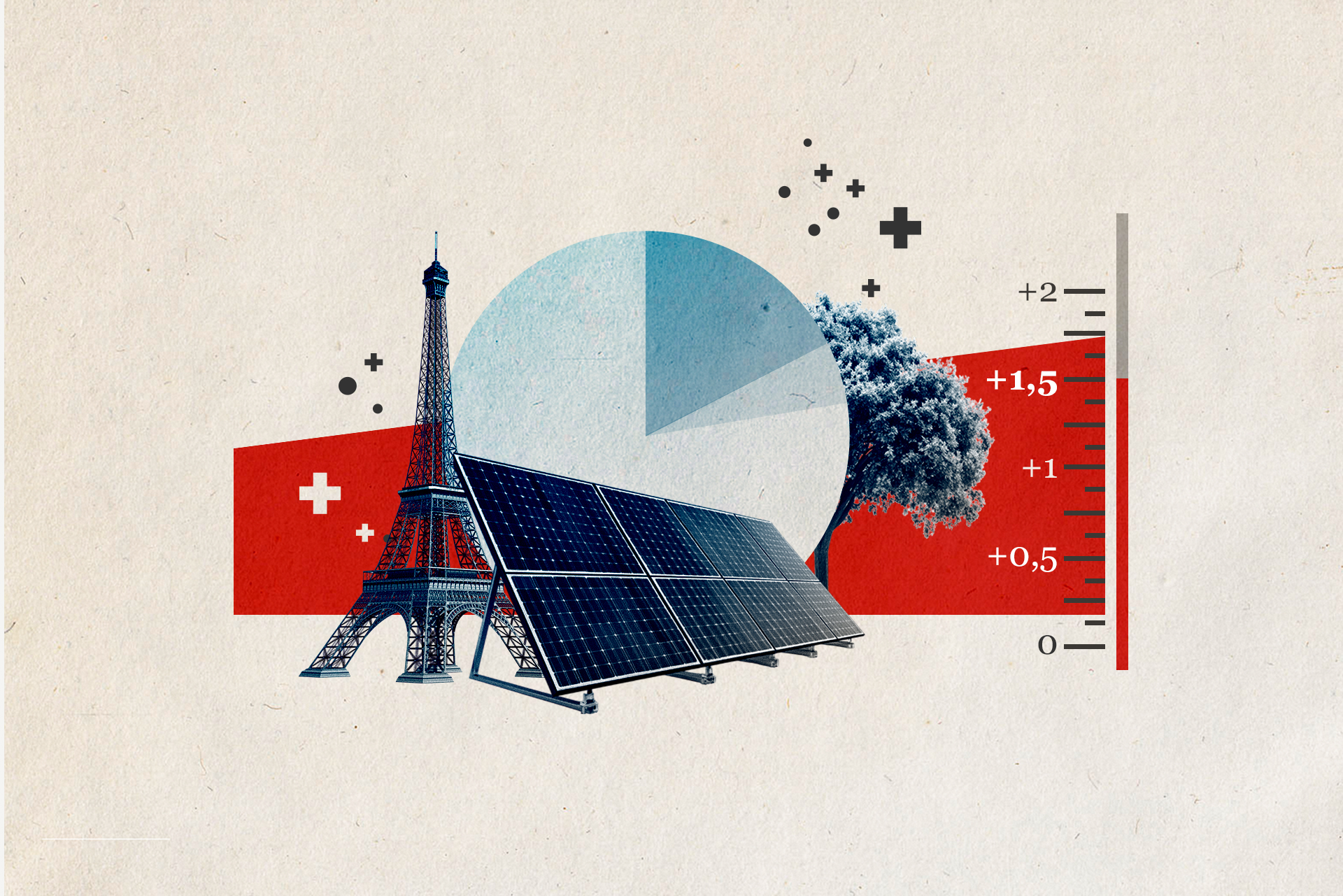
Charting the Global Economy: Tame US CPI Supports More Fed Rate Cuts
(Bloomberg) — A delayed snapshot of US inflation in September came in softer than expected, potentially offering a path for the Federal Reserve to cut interest rates beyond next week’s meeting.
The core consumer price index, excluding the often-volatile food and energy categories, increased 0.2% from August, according to Bureau of Labor Statistics data. The report was originally scheduled for release Oct. 15 but was delayed because of the ongoing US government shutdown.
Prime Minister Mark Carney said on Friday Canada is prepared to resume trade talks “when the Americans are ready,” hours after US President Donald Trump halted negotiations between the two countries.
Here are some of the charts that appeared on Bloomberg this week on the latest developments in the global economy, markets and geopolitics:
US & Canada
In the absence of other official reports during the government shutdown, the highly anticipated reading was a welcome surprise, particularly for several policymakers who are leery of cutting rates further. While the central bank was already widely expected to lower borrowing costs at next week’s meeting, investors are betting the report will help convince officials that they can do so again in December — especially if they don’t get another CPI report next month.
Canadians are increasingly downbeat on the economy as a trade war with the US grinds on, putting pressure on a range of key industries. US and Canadian negotiators had been making headway in talks about the steel, aluminum and energy sectors, Carney said. “We stand ready to pick up on that progress and build on that progress when the Americans are ready to have those discussions.”
Asia
China’s factories kept the country on track to reach this year’s growth target, powered by an export boom that’s papering over deeper vulnerabilities as leaders meet to chart the nation’s next half-decade. The world’s second-largest economy grew 4.8% in the third quarter compared with a year earlier, slightly above estimates. But a closer look at the data shows the picture is far less reassuring.
Waiting times for commodity vessels queued off China’s ports increased to the lengthiest this year, as geopolitical sparring between Beijing and Washington disrupts global trade.
Emerging Markets
Argentina is on the cusp of midterm elections that threaten to derail President Javier Milei’s radical free-market experiment and plunge the nation back into crisis once again. All across the country, from downtown Buenos Aires to the rolling forests that form its remote northeastern edge, Argentines are growing weary of the sacrifices Milei is asking of them.
A relentless surge in the price of gold is delivering windfalls across emerging markets, boosting investor confidence in countries that mine and buy the metal. In South Africa, home to the world’s deepest gold mines, stocks are on track for the best year in two decades, with shares of miners like Sibanye Stillwater Ltd., AngloGold Ashanti Plc and Gold Fields Ltd. tripling in value.
Egyptian imports of liquefied natural gas have surged over the past two years to become the biggest in the region, overtaking long-term buyer Kuwait. Surging domestic gas demand amid double-digit annual declines in production led Egypt to become a net importer last year in order to avoid a supply crunch.
Europe
Swiss watch exports fell in September, hurt by the Trump administration’s 39% tariff on imports from Switzerland to the US, the industry’s largest market.
House prices in London suffered their first drop since July 2024, according to tthe Office for National Statistics. The average cost of a home in the UK capital fell 0.3% in August compared with a year earlier. Rents rose, but at the slowest rate since 2022.
World
Global bond funds have for decades been attracted — and repeatedly burned — by a trade known in Japan as the ‘widow-maker.’ The idea is simple: borrow and sell Japanese government bonds in expectation of tumbling prices, before buying them back and pocketing the difference. It has become one of the most lucrative bets in the global bond market.
Each fall, US farmers harvest a soybean crop so immense, it covers more acres than Arizona. But this year, their biggest buyer — China — has walked away.
Central bankers in Hungary, Indonesia, South Korea, Ukraine, Uzbekistan and Paraguay kept interest rates unchanged this week. Turkey lowered borrowing costs, as did Russia.
–With assistance from Erin Ailworth, Irina Anghel, Allegra Catelli, Ruth Carson, John Cheng, Ignacio Olivera Doll, Selcuk Gokoluk, Michael Hirtzer, Masaki Kondo, Yujing Liu, Jacob Lorinc, James Mayger, Mark Niquette, Demetrios Pogkas, Verity Ratcliffe, Tom Rees, Zoe Schneeweiss, Weilun Soon, Manuela Tobias and Fran Wang.
©2025 Bloomberg L.P.



























